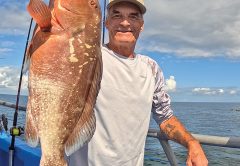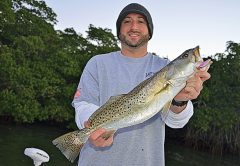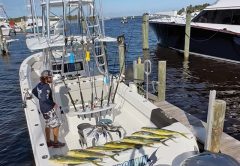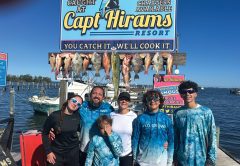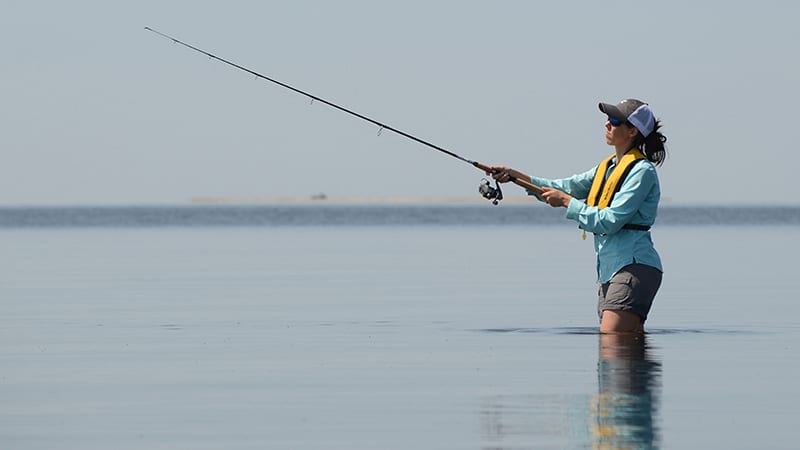
By Melissa Crouch
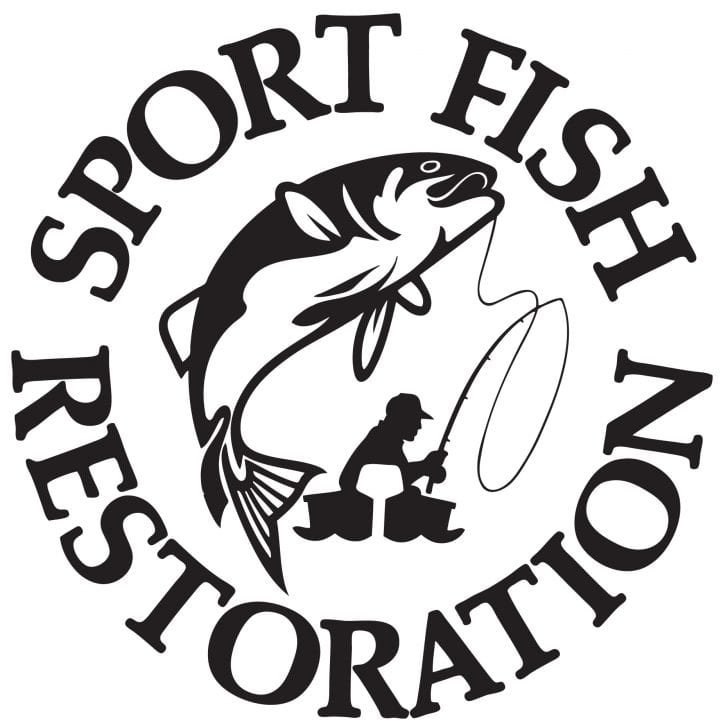
Today, I engage my children in the same perpetual cycle of strolling through tackle shops, fueling-up the boat, fishing, cleaning, rinsing and repeating. While this cycle helps re-energize my soul and introduces my children to the water, it is also part of an even bigger cycle known as the Sport Fish Restoration Program. By purchasing fishing gear, motorboat fuel and a fishing license, I’m participating in a cycle of success that not only leaves me feeling good, but provides fishing opportunities to all who enjoy and appreciate the sport.
A quick history lesson on this important program – back in 1950, Congress enacted the Federal Aid in Sport Fish Restoration Act (also known as the Dingell-Johnson Act) to collect a 10-percent fee on the purchase of fishing rods, reels, creels, lures, flies and artificial baits for projects to improve recreational fishing opportunities. In 1984, funds from the sale of motorboat fuels and additional fishing equipment, as well as import duties on boats and fishing tackle, were included as part of the Wallop-Breaux amendment. These revenues are transferred to the U.S. Fish and Wildlife Service, which then distributes funds to the states for recreational sport fishing enhancement projects.
The Florida Fish and Wildlife Conservation Commission (FWC) receives about $13 million annually from SFR, of which $3 to $4 million supports saltwater sport fish projects and 15 percent funds the creation and maintenance of boating-access points. Over the years, SFR has provided nearly $500 million to the states for thousands of individual projects. All because you bought tackle, fueled-up your boat and purchased a fishing license.
Projects supported by SFR in Florida include:
- Marine and freshwater fisheries research.
- Stock enhancement.
- Angler and boater outreach.
- Aquatic resource education.
- Artificial reefs.
- Boating-access improvements.
Using SFR funding, the FWC Division of Marine Fisheries Management, Outreach and Education subsection travels throughout Florida to offer a variety of engaging programs for recreational anglers and participates in numerous public events. Through their efforts, the public has opportunities to learn more about some of Florida’s most important marine fisheries resources. Just a few of these activities include Women’s Fishing Clinics, Kids’ Fishing Clinics, displays at fishing expos and boat shows, presentations to fishing clubs, and Saltwater Angler Recognition Programs. Staff also disseminates a variety of SFR-funded publications including a “Boating and Angling Guide” series for coastal areas, saltwater fish identification posters, “Fishing Lines: An Angler’s Guide to Florida’s Marine Resources,” “Fishing Florida” youth activity books, saltwater habitat brochures, catch-and-release brochures, “Sea Stats” for saltwater species, and brochures explaining the importance of SFR.
So next time you go fishing, buy tackle, fuel-up your boat, or purchase your fishing license, remember that you contributed to this important program with far-reaching impacts. When you see the SFR logo at a boat launch, know that you made it happen. Fishing for the future – that’s something to be excited about! To learn more about Florida’s Sport Fish Restoration Program, visit MyFWC.com/Fishing and click on “Sport Fish Restoration” or visit the USFWS page.

